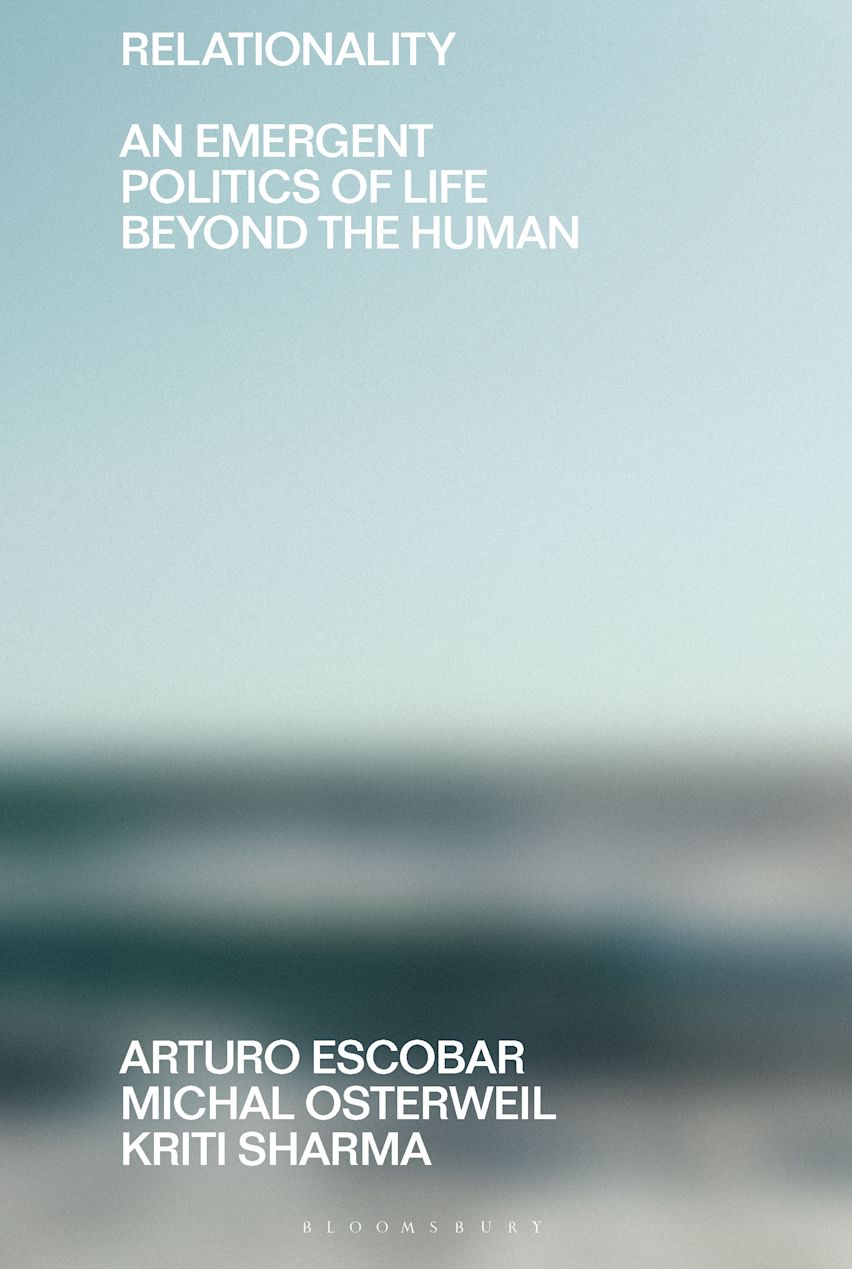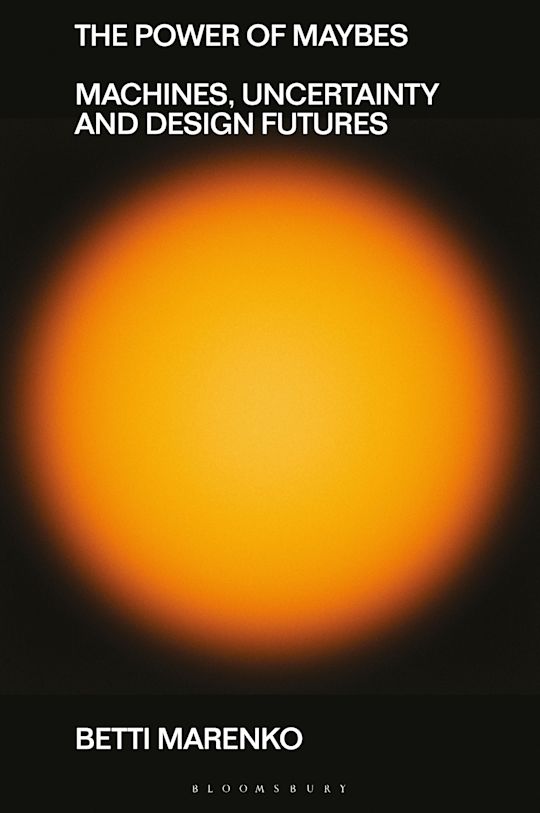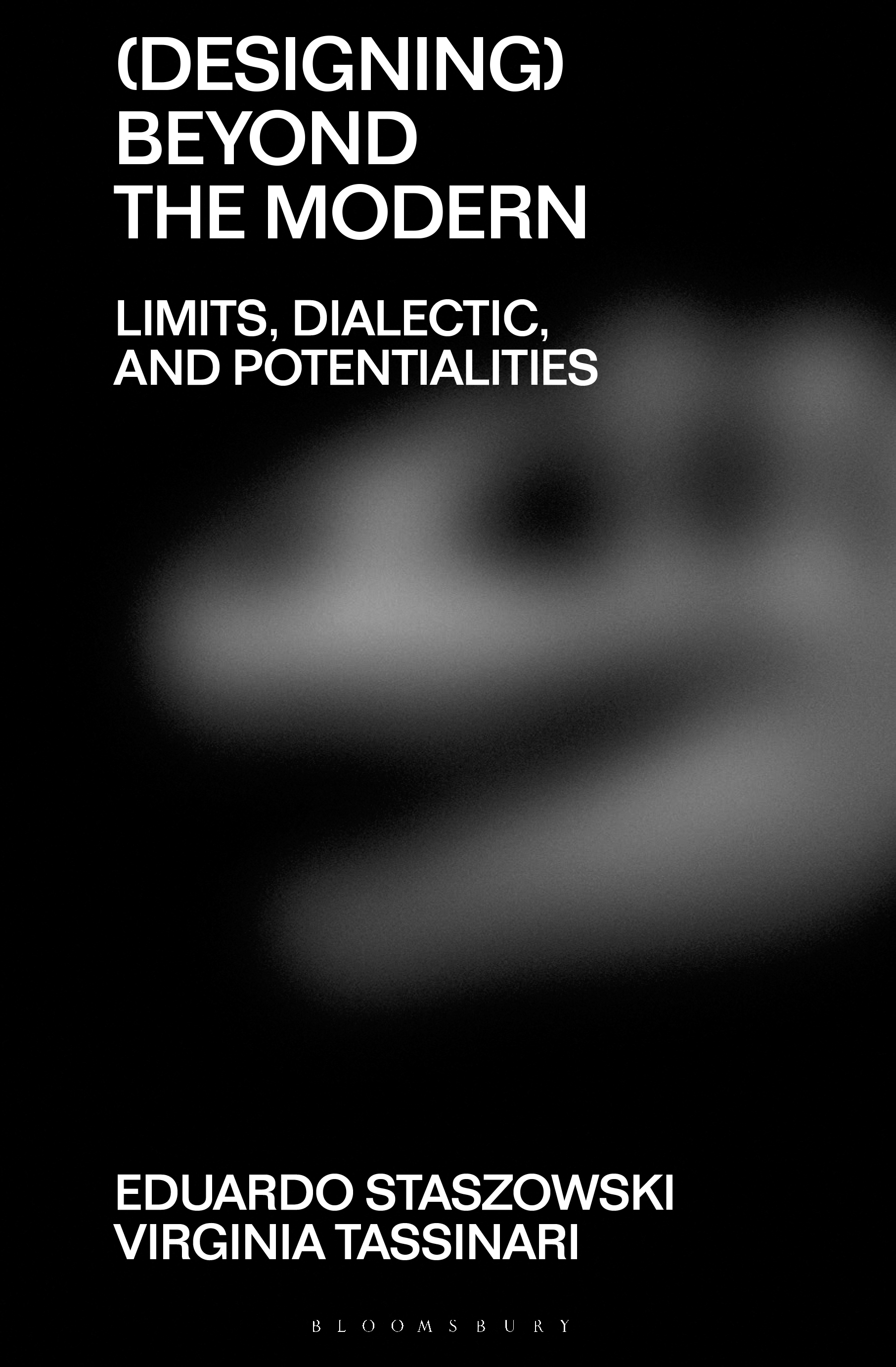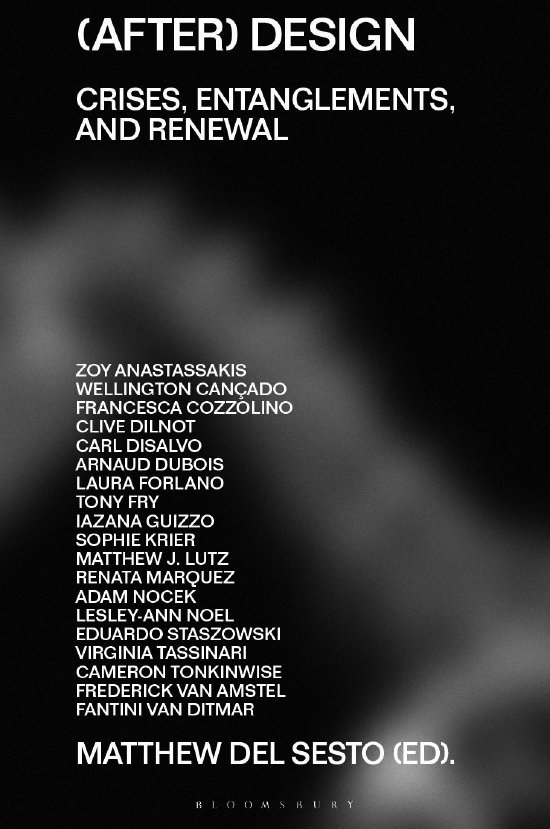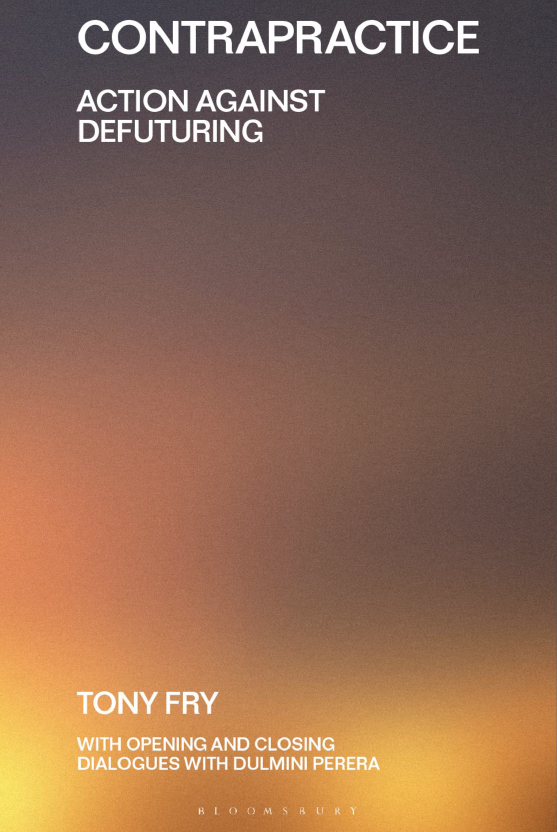
BloomsburyPreorder (...)
Building on his foundational work on ‘defuturing,’ (Bloomsbury, 2021) a deconstructive method that exposes historically the unsustainability of a great deal of design practice and its products, Tony Fry now offers a powerful response.
There is no shortage of analysis of the current state of the world. Climate change impacts are increasing, environmental destruction will follow, populations and settlements will be displaced, food security will become critical, geopolitical instability and escalating dangers of conflict will grow. Such an entangled complexity threatens life itself more seriously than at any time since the Ice Age. Against the real threats to life on Earth, what are the world’s political leaders doing? The answers sit between nothing and very little.
So, what is to be done? There is no immediate or simple answer. But what this book recognises is nothing will change unless those practices deforming the futures change. This process has to be organic and taken by enough people to make a real difference.
What Contrapractice acknowledges is that nothing changes unless practices change. The intent is for the process to take on a life of its own by the many people who care about securing a viable future. It does not provide template solutions, but the ability to act. Every reader is viewed as a communicator of its message and a change agent of their own practice. Fry’s dialogue in the book with Dulmini Perera is a prompt for the book to be an object of discussion.
Tony Fry, writer, researcher, educator, award winning designer. Author of twenty books, former director, EcoDesign Foundation (Sydney), and Principal, Studio at the Edge of the World (Tasmania).
Dulmini Perera researches transdisciplinary approaches to complex systems, ecologies, culture and technology in and beyond architecture. She is Associate Professor, History and Theory of Architecture, University of Limerick.

